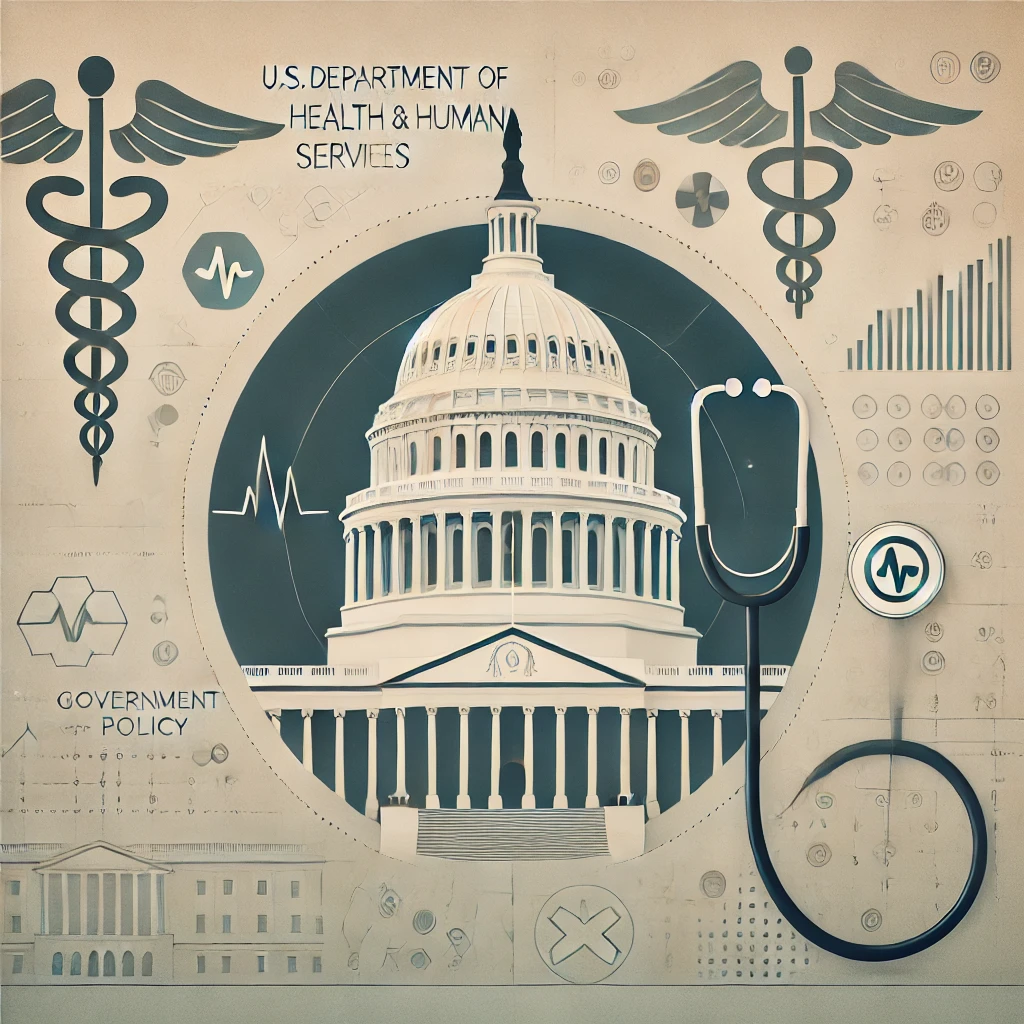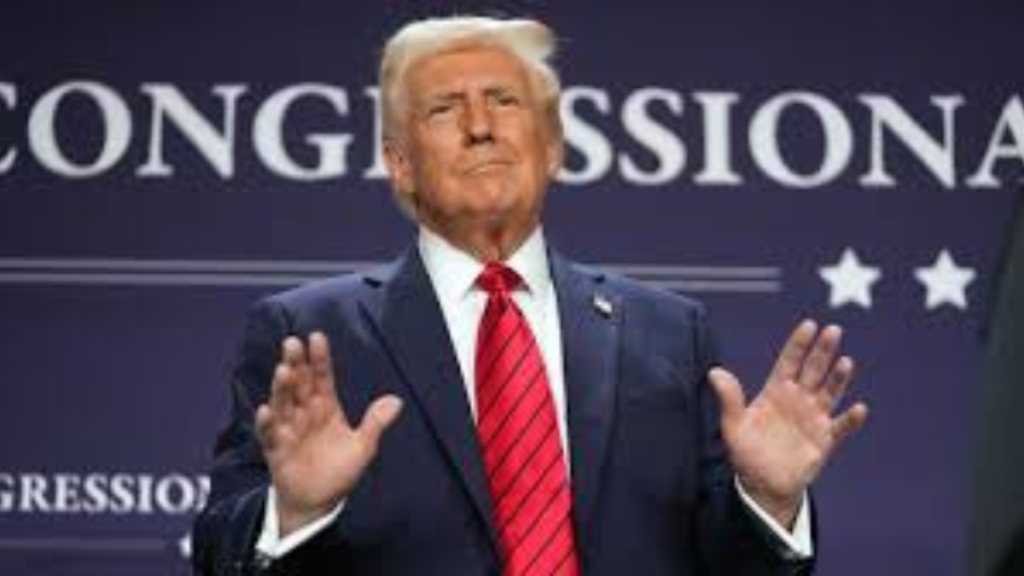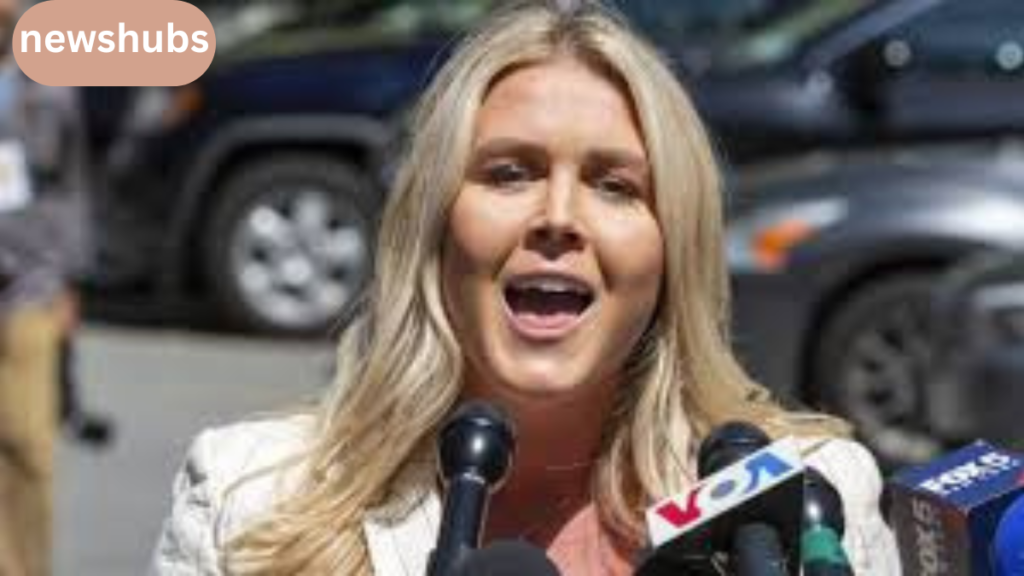In a surprising move, former President Donald Trump has selected Robert F. Kennedy Jr. as his choice to lead the Department of Health and Human Services (HHS). Known for his outspoken views on vaccine policy and environmental health, Kennedy’s appointment has sparked widespread conversation. The decision raises questions about the future direction of U.S. health policy, as the Department of Health and Human Services plays a critical role in overseeing the nation’s public health, healthcare access, and welfare programs.

Who is Robert F. Kennedy Jr., and Why is His Appointment Significant?
Robert F. Kennedy Jr., an environmental lawyer and political activist, is the son of Robert F. He and nephew of President John F. Kennedy. Over the years, he has championed various health and environmental causes, gaining attention for his advocacy. However, he has also stirred controversy, especially around vaccine policy, which has polarized public opinion. Trump’s decision to select him for this prominent role could indicate a new, perhaps unconventional direction for HHS.
Background and Achievements of Robert F. Kennedy Jr.
Kennedy has a long history of activism, especially around environmental health. He served as the president of the Waterkeeper Alliance, a nonprofit organization dedicated to protecting clean water. His environmental work and campaigns against chemical pollutants have earned him a substantial following among health advocates and environmentalists.
Why Kennedy’s Views on Health and Vaccines Are Controversial
Kennedy has been outspoken about his concerns regarding vaccine safety, which has led to both support and criticism. His stances have sparked debates within the health community, with critics arguing that some of his claims contradict established science. If he leads Health and Human Services, these views could influence policy directions, particularly around public health initiatives, vaccine programs, and other preventative healthcare measures.
How Could Kennedy Influence Health and Human Services Policies?
Kennedy’s appointment could signal shifts in key areas of U.S. health policy, potentially leading to changes in areas like public health, environmental health, and healthcare accessibility. Here’s a closer look at potential impacts.
Vaccine Policy and Public Health Initiatives
Given his track record, Kennedy’s appointment might result in a reevaluation of certain public health programs, especially around vaccines. The Department of Health and Human Services is responsible for vaccination programs that target diseases like measles, flu, and COVID-19. His influence could lead to increased scrutiny of vaccine protocols and funding, possibly shifting emphasis toward medical freedom.
Environmental Health and Safety Standards
Kennedy’s environmental activism could also shape HHS policies around environmental health, which affects community wellness and safety. As Secretary, Kennedy may advocate for stricter regulations on pollutants and chemicals that pose risks to public health. His background could lead to more policies targeting environmental factors that contribute to chronic health issues, including pollution, toxic waste, and water quality.
Potential Challenges and Public Reaction to Kennedy’s Appointment
The public reaction to Kennedy’s appointment has been mixed, with both support and skepticism from various sectors. Here are some potential challenges he may face:
Resistance from the Medical and Scientific Community
Kennedy’s controversial stance on vaccines and certain health practices could create friction with parts of the medical and scientific community. HHS has typically worked closely with entities like the Centers for Disease Control and Prevention (CDC) and the National Institutes of Health (NIH), both of which prioritize vaccination and evidence-based health policies. Balancing these relationships may be challenging.
Policy and Public Opinion Divides
Kennedy’s appointment could polarize public opinion, as his views resonate with certain advocacy groups but are seen as divisive by others. His tenure might involve addressing conflicting demands, balancing his long-held beliefs with broader public health needs.
How This Appointment Could Shape the Future of U.S. Health and human services
Kennedy’s tenure could lead to significant shifts in how Health and Human Services approaches health issues, possibly reorienting the department toward more holistic health policies. This might include an emphasis on preventing health issues by addressing environmental causes and individual choice in healthcare.
Increased Focus on Environmental and Preventative Health
As an environmental advocate, Kennedy could expand HHS efforts to combat health issues at the root cause, advocating for cleaner air and water, tighter regulations on pollutants, and funding for research into environmental health impacts.
Potential Expansion of Alternative Health Practices
Kennedy has expressed openness to exploring a wider range of health practices, potentially supporting alternative medicine options within HHS programs. His approach might lead to more research and funding into non-traditional health practices, giving individuals more choice in their healthcare options.
Conclusion: A Bold New Direction for Health and Human Services?
Robert F. Kennedy Jr.’s selection as Secretary of Health and Human Services could bring significant changes to U.S. health policy. His views on environmental and preventative health align with a holistic approach, but his controversial stance on vaccines adds complexity to his potential tenure
The Department of Health and Human Services oversees public health, healthcare access, and welfare programs in the U.S. It handles initiatives from disease prevention to healthcare funding, ensuring Americans have access to essential health services.
Kennedy has an extensive background in environmental law and health advocacy. His environmental efforts and leadership in the Waterkeeper Alliance reflect his commitment to public health and clean environments, though he lacks experience within a government health agency.
Kennedy has questioned the safety of certain vaccines, a view that diverges from mainstream medical consensus. Critics argue this could lead to public distrust in vaccines, while supporters believe it encourages transparency and safety in healthcare.
Kennedy’s stance could result in more scrutiny on vaccine protocols and a focus on environmental health issues. However, his approach may create challenges in balancing public health needs with personal health freedoms.
Yes, Kennedy’s environmental background suggests he may prioritize policies that address the impact of pollution and chemicals on health, potentially leading to stricter safety regulations and preventive health measures.


